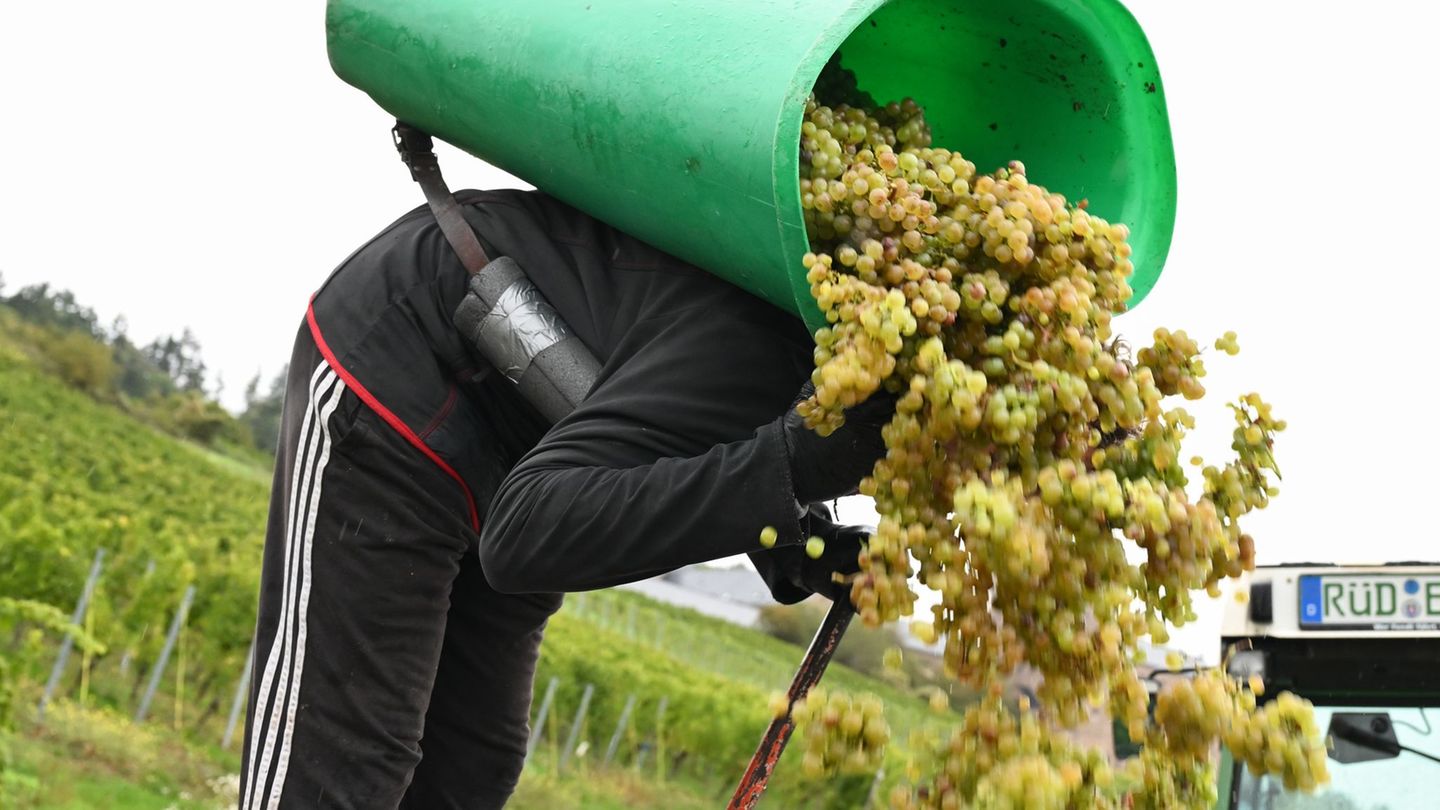First a severe economic crisis, then the devastating explosion in the port of Beirut: Lebanon is slowly dying. Several women therefore want to break the elite’s monopoly on power on Sunday.
There were moments of horror that Lebanon will never forget: when a devastating explosion shook the capital Beirut on August 4, 2020, the country experienced a deep turning point.
Not only because more than 190 people died and 6000 were injured. Not only because the atomic bomb-like pressure wave devastated Beirut’s port and center. But because it destroyed the last remaining trust in the political leadership among many Lebanese: “August 4th showed how bad, ruthless and corrupt our government was,” says Professor Nadschat Aoun Saliba.
Something must finally happen in Lebanon
This Sunday, Lebanon will elect a new parliament for the first time since the explosion. Saliba, actually a renowned chemist at the country’s most important university, is running on an opposition list for one of the 128 seats in the House of Representatives. Why did she decide to take this unusual step for a scientist? The 60-year-old replies immediately: “Out of frustration.”
Saliba is among a small number of women who want to take on Lebanon’s male-dominated power elite in the elections. “We have to shake them up,” she says. The dignity of the Lebanese was completely destroyed in the explosion in Beirut: “They cannot continue as they have done for decades.”
The hopelessness of the people can be felt everywhere in Lebanon. Not only the explosion has added to them. The country has been suffering from the worst economic and financial crisis in its history for almost three years. The numbers are devastating: the currency has lost more than 90 percent of its value. Inflation is over 200 percent. More than three quarters of the population lives in poverty.
The power elite is responsible for the decline
For many, everyday life has become torture and a struggle for survival. There is, for example, the lack of power supply. Many households in Lebanon only have electricity for a few hours a day, if at all. The water supply can also collapse at any time. Garbage piles up on the streets. And the internet keeps dropping out. Lebanon is an example of a country slowly dying.
Even representatives of the United Nations, which is trained in diplomacy, make no secret of the fact that Lebanon’s power elite in particular are to blame for this situation. The UN Special Rapporteur on extreme poverty and human rights, Olivier De Schutter, said on Thursday that the “destructive actions” of political and business leaders were responsible for driving the majority of the population into poverty. In it he castigates the rampant corruption. An urgently needed aid package from the International Monetary Fund (IMF) has not materialized for months because the government has failed to make the required reforms.
Politics in Lebanon is determined by a weak state and a fragile balance of power between the denominations. Christians, Sunnis and Shiites share the most important posts. The Shiite Hezbollah organization, which has its own militia and is supported by Iran, is particularly influential. At the same time, politics, economics and finance are closely intertwined. Above all, however, a small number of long-established families determine the fortunes of the country. They secure the loyalty of their followers by distributing money, favor and posts. Paula Yacoubian, an opposition politician, says Lebanon is being run by a “mafia”.
The youth must fight
Because of the disastrous situation, many better-educated Lebanese are leaving the country to seek their fortune elsewhere. Verena al-Amil thought of that too. It would be easy for the 26-year-old to go to Europe. Her family lives in Düsseldorf, she also has a German passport. Amil, however, has chosen a different path: As the country’s youngest candidate, she wants to move into parliament, like Saliba, as a representative of the opposition.
After several weeks of campaigning, the young woman looks tired and exhausted. But it is now her duty to complete the journey, she says. “The crisis hit young people in particular. But we still have the opportunity to fight.” Driven by a “will to change”, even as a law student she was someone who could not avoid “the battle”.
The government opponents experienced an upswing, especially in autumn 2019, when mass demonstrations against the political leadership broke out and aroused hope for change. But the wave of protests has long since died down. Because of the complicated electoral law, forecasts are hardly possible for the vote on Sunday.
But just a look into the streets of Beirut shows how the election campaign is going: While the long-established forces have put up election posters everywhere with their money, the representatives of the opposition are hardly to be seen. You have no party and finances in the back, says Amil. She can’t appear on important TV talk shows either because she would have to pay for it herself. Saliba is hardly doing better in the election campaign.
It would be a success for the government opponents if they could win at least a few mandates on Sunday. Despite the limited opportunities, the scientist Saliba sees no alternative to her political commitment: “I have no other choice. I do not have anymore. I lost everything.”
Source: Stern
David William is a talented author who has made a name for himself in the world of writing. He is a professional author who writes on a wide range of topics, from general interest to opinion news. David is currently working as a writer at 24 hours worlds where he brings his unique perspective and in-depth research to his articles, making them both informative and engaging.




